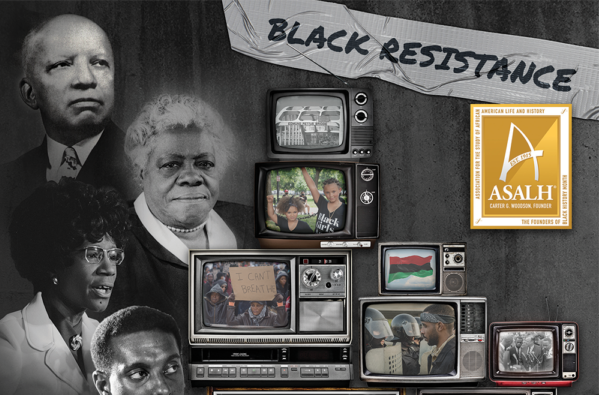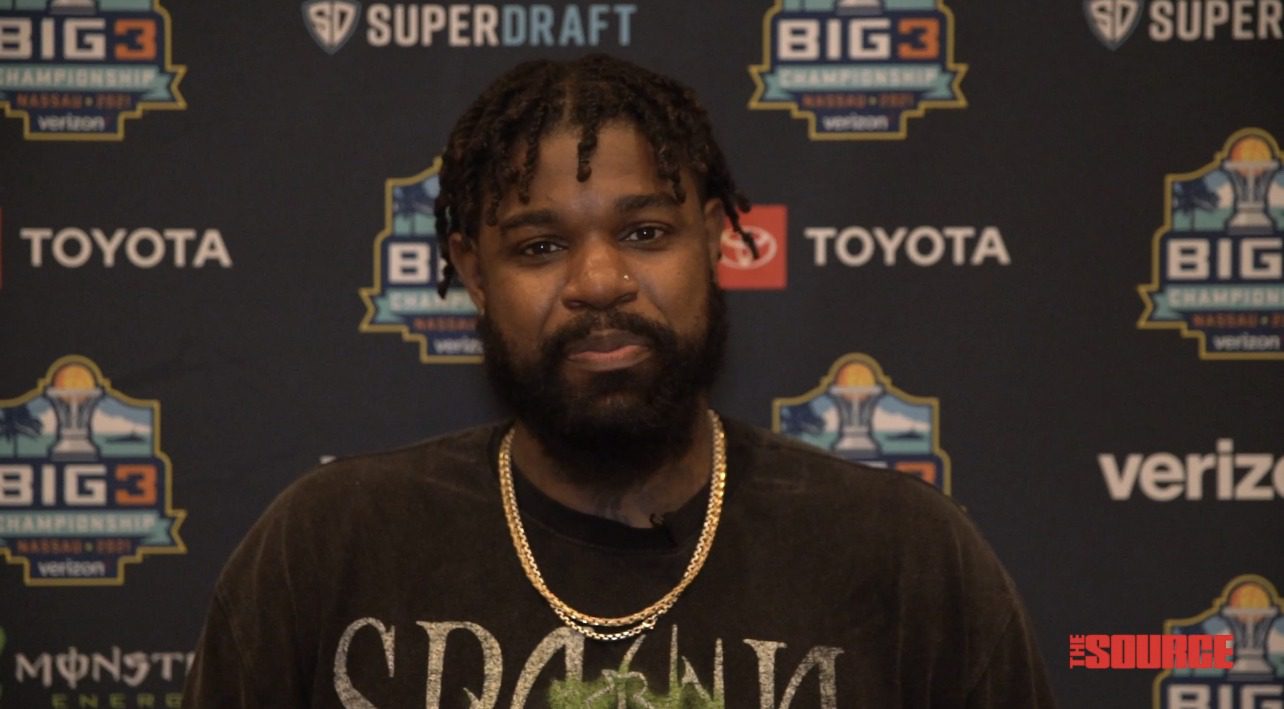
Throughout Black history, Black people have fought back against constant oppression. Those moments include acts of police brutality, most evident recently by the killing of Tyre Nichols at the hands of the Memphis Police department.
Five Memphis police officers have been fired and charged with the murder of Nichols. Nichols was pulled over by officers on Jan. 7 and died shortly after the encounter.
The fired officers are Tadarrius Bean, Demetrius Haley, Emmitt Martin III, Desmond Mills Jr., and Justin Smith. They are all in Shelby County Jail for participating in the incident leading to Nichols’ death, charged with a variety of crimes ranging from official misconduct to second-degree murder.
Advertisement
The incident occurred ahead of and continues into Black History Month 2023, eliciting statements from civil rights figures the likes of civil rights attorney Ben Crump, who is representing the families, and African American Mayors Association.
With another case of police brutality facing our community, reacting with the desire to enact change, the Association for the Study of African American life and History has announced the theme for this 2023 Black History Month.
Below is an excerpt from the ASALH below on the theme, Black Resistance.
African Americans have resisted historic and ongoing oppression, in all forms, especially the racial terrorism of lynching, racial pogroms, and police killings since our arrival upon these shores. These efforts have been to advocate for a dignified self-determined life in a just democratic society in the United States and beyond the United States political jurisdiction. The 1950s and 1970s in the United States was defined by actions such as sit-ins, boycotts, walk outs, strikes by Black people and white allies in the fight for justice against discrimination in all sectors of society from employment to education to housing. Black people have had to consistently push the United States to live up to its ideals of freedom, liberty, and justice for all. Systematic oppression has sought to negate much of the dreams of our griots, like Langston Hughes and Zora Neale Hurston, and our freedom fighters, like the Rev. Dr. Martin Luther King, Jr., Septima Clark, and Fannie Lou Hamer fought to realize. Black people have sought ways to nurture and protect Black lives, and for autonomy of their physical and intellectual bodies through armed resistance, voluntary emigration, nonviolence, education, literature, sports, media, and legislation/politics. Black led institutions and affiliations have lobbied, litigated, legislated, protested, and achieved success.
In an effort to live, and maintain and protect economic success Black people have organized/planned violent insurrections against those who enslaved them, such as in Haiti,, and armed themselves against murderous white mobs as seen in Memphis, TN (1892), Rosewood, FL (1923), and New Orleans, LA (1900). Additionally, some Black people thought that the best way to resist was to self-liberate as seen by the actions those who left the plantation system, of Henry Adams and Benjamin “Pap” Singleton, when they led a mass exodus westward in 1879 and Bishop Henry McNeal Turner of the African Methodist Episcopal Church, who organized emigration to Liberia.
Black faith institutions were spaces where Black communities met to organize resistance efforts, inspired folk to participate in the movements, and offered sanctuary during times of crisis. To promote awareness of the myriad of issues and activities media outlets were developed including radio shows, podcasts, newspapers (i.e. Chicago Defender, Chicago Bee, the Afro, The California Eagle, Omaha Star, the Crisis, etc.). Ida B. Wells used publications to contest the scourge of lynching. These outlets were pivotal in sharing the successes and challenges of resistance movements.
You can read the full Resistance theme introduction here.






